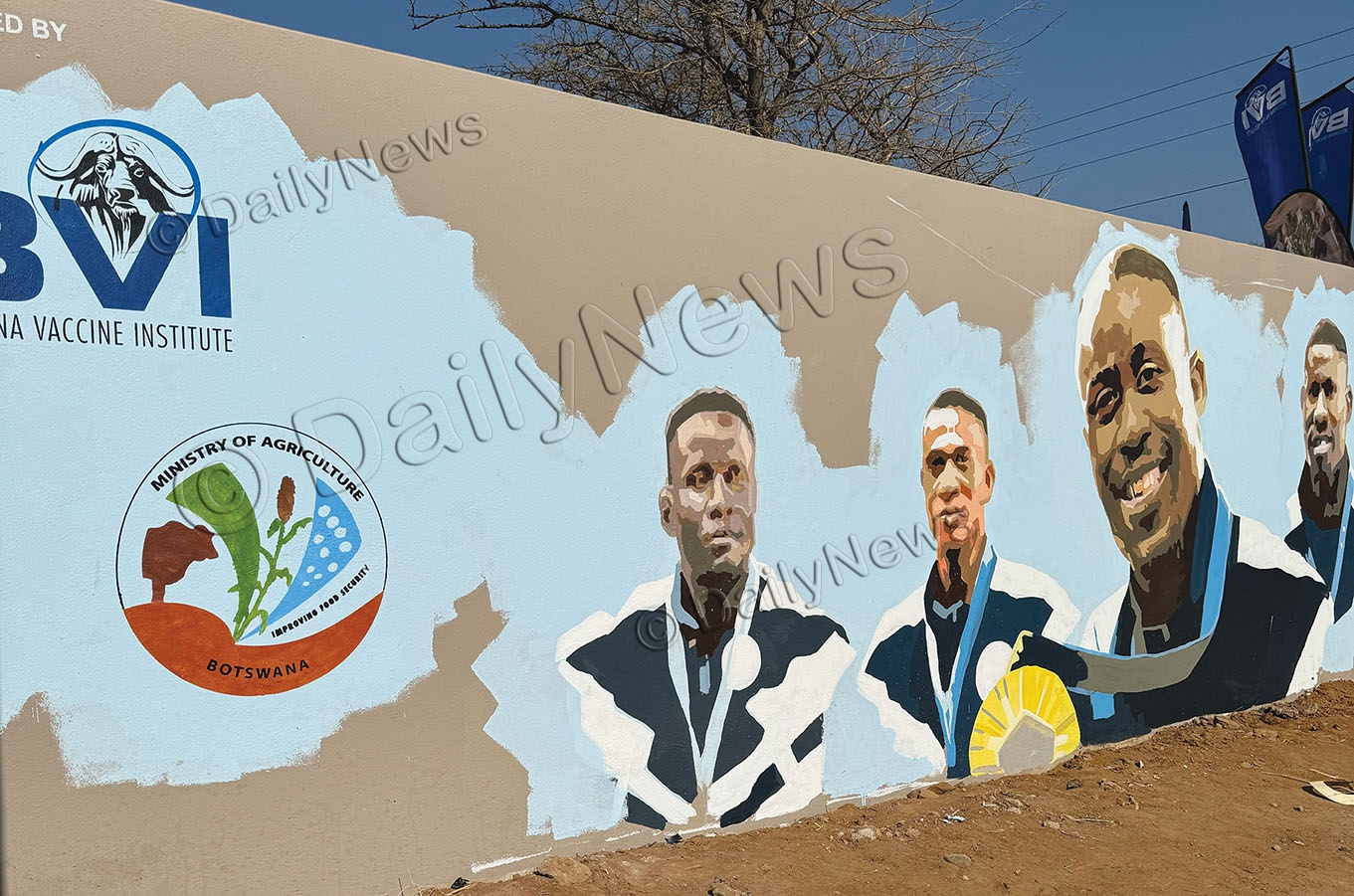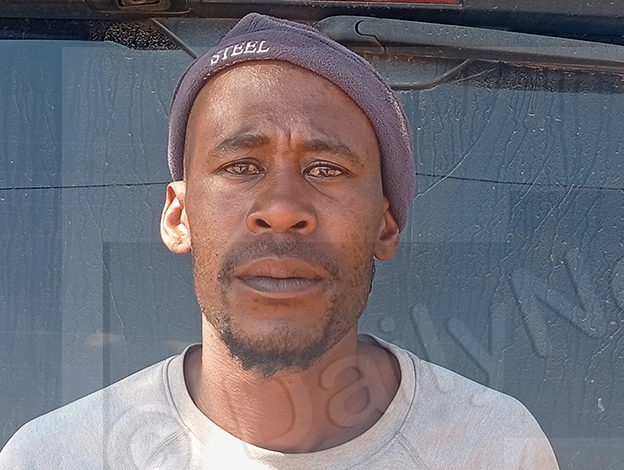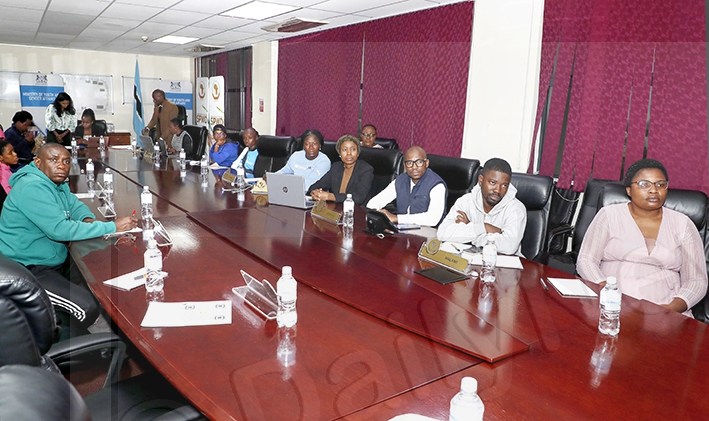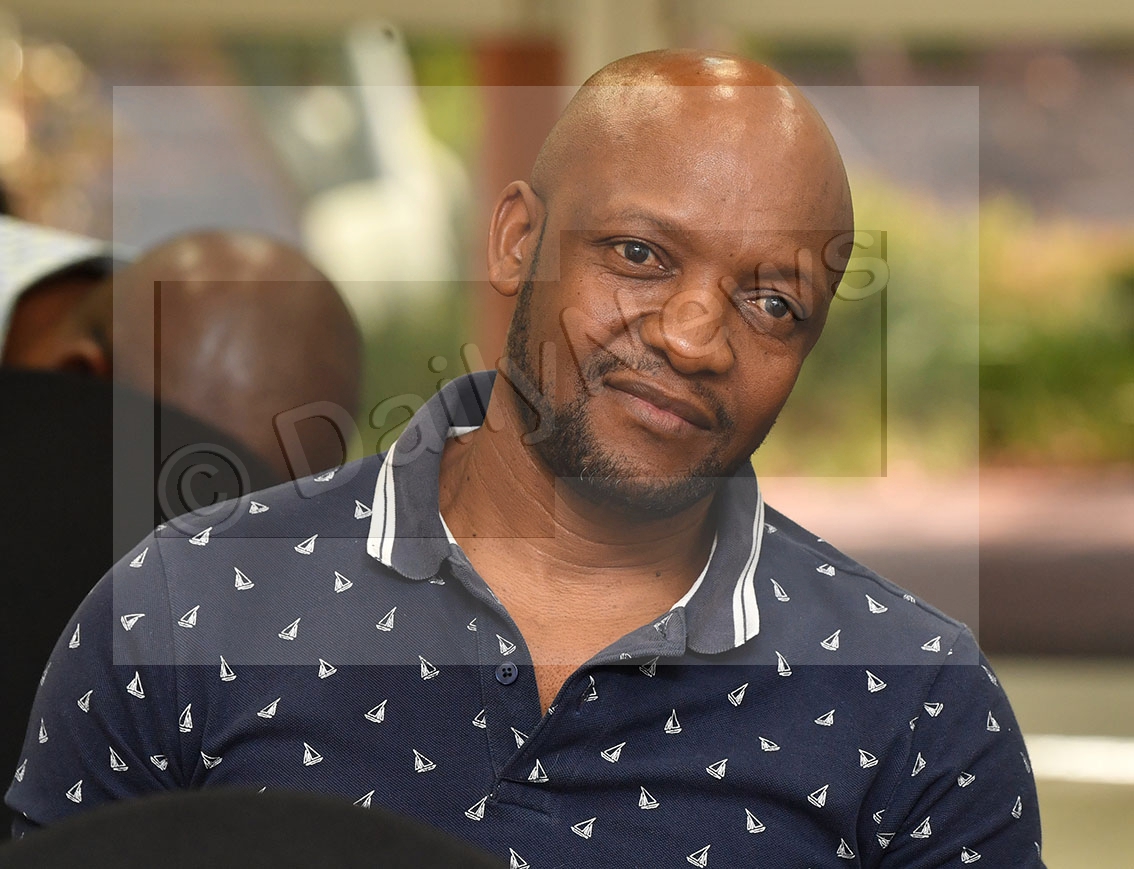Botswana sport from then to now
02 Sep 2024
The development of sport in Botswana has been characterised by a steady progression since the country’s independence in 1966.
This growth came about by popularity gaining and through government support, the establishment of sport organisations and increasing participation at both grassroots and elite levels.
Speaking in an interview, senior Sport Management lecturer in the Department of Sport Science at the University of Botswana, Dr Lobone Kasale attributed factors contributing to sport development to, among others, government support and policy framework.
“The government plays a significant role in promoting sports by establishing policies and providing financial support,” he said.
This, he said had positive implications in sport development both at grassroots and elite levels.
Furthermore, Dr Kasale said Botswana sports system was administered through a tripartite arrangement that involved the Ministry of Youth, Gender, Sports and Culture (MYSC), Botswana National Sports Commission (BNSC) and Botswana National Olympic Committee (BNOC).
He said the role of the ministry was mainly to develop a legal framework that facilitated sport development while BNSC oversaw grassroots sport development.
BNOC, he said facilitated elite sport, adding that while the tripartite had been functional, there had been issues of lack of role clarity among the three organisations administering Botswana sport.
He said government of Botswana had also developed a legal framework that provided guidance to the implementation of sport development including Botswana National Sport Commission Act, and Botswana National Sports and Recreation Policy.
Botswana National Sport Commission Act, he said was an instrument that established (BNSC) and provide for its powers and functions; to provide registration of sports associations; to provide for doping control; and matters incidental thereto.
Botswana National Sport and Recreation Policy is a plan and strategy developed by the government of Botswana to promote sports and recreational activities in the country.
It aims to awaken sports consciousness in the entire citizenry and ensure mass and elite participation in sports for physical, mental, social, and moral development of the people. The policy is an outcome of an extensive consultative process countrywide, which identifies critical factors that constrain sport development in Botswana.
The purpose of this policy is to provide a framework for the development of an active, healthy, and productive society in line with the national long-term strategy.
He said government was currently engaged in the development of the National Anti-Doping Act and the MYSC, BNOC and the University of Botswana were currently developing an Anti-Doping Policy for Botswana through UNESCO’s fund for the elimination of Doping in sport.
“All these efforts are aimed at a comprehensive approach to sport development in the country. Sport organisations in Botswana implement initiatives such as BNSC’s Vision 2036 with the aim of promoting sports for health, national pride, unity while also identifying and nurturing talent at a young age,” he said
Touching on establishment of sports organisations, he said various sport federations and associations had been established to govern specific sport codes, citing Botswana Athletics Association (BAA), Botswana Tennis Association (BTA), Botswana Football Association (BFA) and Botswana Volleyball Federation (BVF) and many others.
These organisations, he said, developed sports through structured competitions, talent identification and development programmes.
On grassroots sport development programmes, Dr Kasale said the development of sports in Botswana began at grassroots levels with participation at local, regional and national competitions.
All these years, he said the Botswana Integrated Sports Associations had been at the forefront of grassroots sports development and had served as a foundation to nurture young talent.
Regarding the investment in sport infrastructure, he said Botswana had invested in developing sports infrastructure including stadiums and integrated Sports Facilities in different localities throughout the country.
“These have provided venues for both local and international competitions. The infrastructural development has facilitated hosting of regional and international events enhancing the profile of Botswana as a sporting destination,” he said.
Regarding International competitions and achievements, he said Botswana had gained international recognition through the achievements of its athletes in various sport codes.
“Notable examples include Letsile Tebogo, who won a gold medal in the 200m race at the 2024 Paris Olympics, Amantle Montsho, who won the World Championship in the 400m race in 2011, men’s 4X400m relay team that won a silver medal at the 2024 Paris Olympics, Nijel Amos, who won a silver medal in the 800m race at the 2012 London Olympic Games,
“In addition, the men’s 4X400m relay team won bronze at the 2020 Tokyo Olympics. All these successes help to inspire more participation and investments in sports,” he said.
Dr Kasale said recent years had seen a move towards professionalisation of sports in Botswana.
“For instance, professional leagues have proliferated in sports such as football with the development of Botswana Premier League. Professionalisation leads to improved levels of competitions and athlete development,” he said
Dr Kasale said private sector had become increasingly involved in the sports industry through sponsorships and partnerships.
Corporations such as Debswana, Botswana Telecommunications Corporation, Orange Botswana, First National Bank Botswana and Okavango Diamond Company have made investments in corporate sponsorship towards the development of sport teams, leagues and events.
To that end, he noted that such provided the much-needed support and exposure for national sport associations.
He appreciated that there had been a significant drive towards the promotion of women participation in sport as evidenced by several programmes and initiatives being dedicated to empowering women and girls in sports. Women Association in Sports Botswana advocates for equity in the participation of women and girls in sport.
Dr Kasale however said despite the progress, sports development faced several challenges that included limited funding.
The other challenge, he said, was lack of advanced facilities that could compete globally.
He said administrative challenges were also a thorn in the flesh given that governance and administrative issues within sport organisations sometimes hampered development efforts.
Dr Kasale the halting of school sport due to an impasse between the Teacher Unions and the government over remunerations for sport coaching had had several implications.
“It is vital for stakeholders to engage to resolve this issue so that the country does not lose the growth and development that the country has experienced over the last few decades,” he said.
“If Botswana is to compete successfully globally there is need for coordinated funding for research. This will improve the growth and development of sport in the country,” he said
“With continued investment in infrastructure, talent development, governance and research, Botswana has the potential to elevate its status further in the regional and global sport realm,” he said. Ends
Source : BOPA
Author : Anastacia Sibanda
Location : GABORONE
Event : Sport Thematic Pullout
Date : 02 Sep 2024








